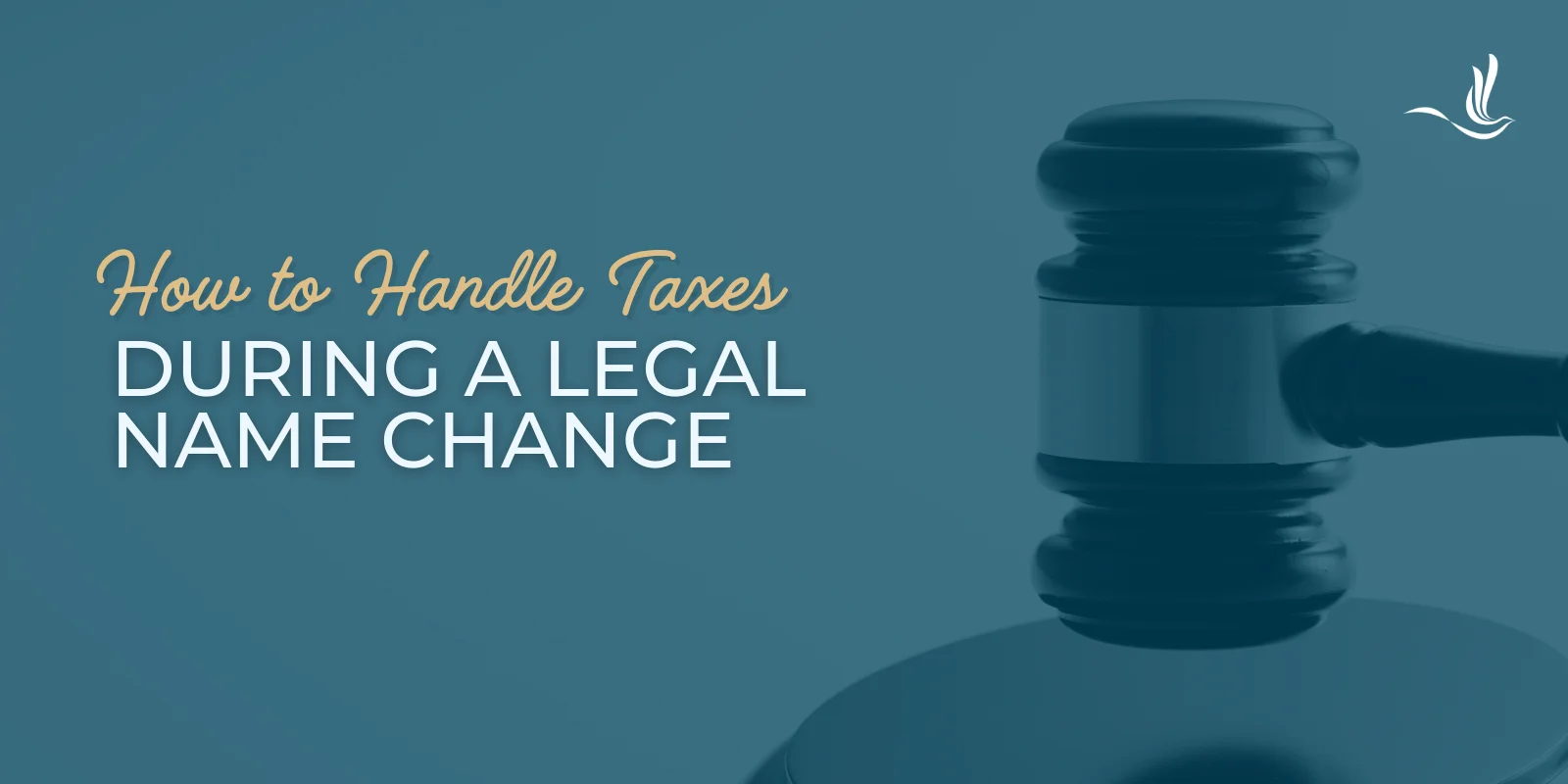There have been a number of court cases that have considered whether various administrative agency determinations violate constitutional jury trial rights. These are often premised on the fundamental promise of American justice that courts should remain open to all.
The issue is presented when government agencies require substantial upfront payments before allowing judicial review. One can find themselves caught between accepting administrative determinations they believe are wrong or paying substantial sums just to be able to exercise their constitutional rights. At its extreme, one could argue that this situation could create a potential two-tiered system of justice where the wealthy can buy access to jury trials while others cannot.
The district court recently addressed this exact constitutional challenge in HDH Group, Inc. v. United States, No. 2:24-cv-00988 (W.D. Pa. Sept. 23, 2025). This court case involves an administrative determination by the IRS to impose penalties whether the action violates fundamental constitutional protections when the ability to get a jury trial requires a pre-payment of nearly $1 million.
Facts & Procedural History
The consultant in this case operated a captive insurance program between 2013 and 2018. In September 2015, the IRS began auditing the consultant. It ultimately made an administrative determination that the consultant had promoted an abusive tax shelter.
On November 13, 2023, the IRS assessed promoter penalties in excess of $7.5 million against the consultant. The penalties are intended for promoters of abusive tax shelters who make false or fraudulent statements about the tax benefits that participants will receive. The consultant paid approximately $989,000 of the penalties—representing at least 15 percent of the total assessed penalties as required by law—and filed a refund suit against the government to recover the payment to the IRS.
The IRS then began enforced collections, It issued notices in April 2024 indicating its intent to seize or levy the consultant’s property to collect the remaining unpaid penalties. The consultant filed an appeal from the notices of levy with the IRS.
The consultant’s legal strategy centered on the U.S. Supreme Court’s recent ruling in SEC v. Jarkesy. Specifically, the consultant argued that the IRS’s administrative assessment of fraud-based penalties violated the Seventh Amendment’s guarantee of a jury trial. The government countered with its own motion, seeking to reduce the unpaid penalties to judgment while defending the constitutionality of the tax code’s penalty assessment procedures.
About Section 6700 Promoter Penalties
Section 6700 of the tax code is one of the primary tools the government has for combating abusive tax shelter promotions. This penalty can be imposed on any person who organizes or assists in organizing partnerships, entities, investment plans, or other arrangements while making false or fraudulent statements about the tax benefits participants will receive.
The penalty can apply when someone both promotes a tax shelter and makes statements they know or have reason to know are false or fraudulent regarding the allowability of deductions, excludability of income, or securing of other tax benefits. Courts have interpreted this to require the government prove two elements: that the defendant was involved in an abusive tax shelter and that the defendant made statements about tax benefits that were false or fraudulent.
The financial impact can be substantial. For activities involving false statements about tax benefits, the penalty can be 50 percent of the gross income derived from the promotion. For gross valuation overstatements, the penalty is the lesser of $1,000 or 100 percent of the gross income per activity. This is in addition to other civil and criminal penalties, injunctions, and even being order to disgorge the fees earned for the work.
How Section 6700 Assessment Works
Section 6700 operates within the broader framework the IRS’s enforcement authority. Section 6201 authorizes and requires the Secretary of Treasury to make inquiries, determinations, and assessments of all taxes, including assessable penalties imposed by the tax code. This includes Section 6700 penalties.
The IRS can assess these penalties administratively without first obtaining court approval. Once assessed, the penalties become part of the individual’s account and are subject to standard collection procedures. Once the IRS sends the individual notice of the assessment and demand for payment, it can then generally move on to other collection actions if payment is not made. That is what happened in this case.
There are different procedures for challenging Section 6700 penalties. Unlike most other IRS penalties, the tax code provides a method for challenging Section 6700 penalties. This method includes meaningful judicial review. This is set out in Section 6703.
Under Section 6703(c)(1), if within 30 days after notice and demand of any Section 6700 penalty, the individual pays not less than 15 percent of the penalty amount, the individual may file a claim for refund of the amount paid. More specially, under Section 6703(c)(2), the individual may pay 15 percent of the penalty, file a claim for refund, and if the claim is denied, file an action in federal district court for refund within 30 days of the claim denial. This creates an administrative process within the IRS for reviewing the penalty assessment without requiring 100% of the penalty to be paid up front. Most other refund claims require 100% payment up front before suit can be filed.
These district court proceedings operate under different rules than typical administrative penalty appeals. With these proceedings, the burden of proof shifts to the government under Section 6703(a). The government then has to establish liability for the penalty from scratch. The court conducts a de novo review, meaning it owes no deference whatsoever to the IRS’s administrative findings. Most importantly for this case, jury trials are available in these refund actions.
What Did the Supreme Court Decide in Jarkesy?
To understand the dispute in this case, we have to consider the Jarkesy case. The Supreme Court’s 2024 decision in SEC v. Jarkesy changed the administrative process for penalty assessments. The case involved the SEC’s practice of seeking civil penalties for securities fraud through internal administrative proceedings rather than federal court litigation and how this lines up with the Seventh Amendment. The Seventh Amendment ensures the right to a jury trial.
Jarkesy established a two-part test for determining when administrative penalties violate the Seventh Amendment. First, courts must determine whether the penalty implicates the Seventh Amendment by examining whether the underlying claim resembles common law causes of action or seeks legal rather than equitable remedies. Second, if the Seventh Amendment applies, courts must consider whether the penalty falls under the “public rights exception” that allows Congress to assign certain matters to administrative agencies.
The U.S. Supreme Court found that securities fraud penalties implicated the Seventh Amendment because they targeted the same conduct as common law fraud and sought civil penalties—a punitive remedy designed to deter wrongdoing rather than compensate victims. The Court emphasized that these penalties were “a type of remedy at common law that could only be enforced in courts of law.”
The Supreme Court then rejected the argument that securities fraud penalties fell under the public rights exception. The Court explained that fraud claims involve private rights that “historically could have been determined exclusively by [the executive and legislative] branches” and must be adjudicated in Article III courts with jury trial protections.
Section 6700 and the Seventh Amendment
This brings us to the question in this case. Does Section 6700 penalty assessed administratively, which requires a substantial up front payment before one can get to court, implicates the Seventh Amendment?
The Court concluded that Section 6700 penalties do just that under Jarkesy‘s first prong. Like the securities fraud provisions in Jarkesy, Section 6700 targets conduct that closely mirrors common law fraud. Section 6700 requires proof that a defendant made statements “which the person knows or has reason to know is false or fraudulent as to any material matter.” This language deliberately incorporates common law fraud terminology and concepts. The essential elements—false statements about material matters made with knowledge or reason to know of their falsity—directly parallel traditional fraud claims that have been resolved by juries for centuries.
The remedy analysis also supports Jarkesy‘s application. Section 6700’s penalties are explicitly punitive, calculated as a percentage of the promoter’s gross income from the abusive activity. Like the SEC’s civil penalties, these sanctions are designed to punish and deter wrongdoing rather than compensate victims or restore the status quo. The court found that Section 6700’s close relationship with common law fraud and its punitive monetary penalties clearly implicated the Seventh Amendment under Jarkesy‘s framework. Congress deliberately used “fraud” and other common law terms of art in the statutory formulation of the Section 6700 penalty.
Why the Constitutional Challenge Failed
Despite finding that Section 6700 penalties implicate the Seventh Amendment, the court rejected the consultant’s constitutional challenge on a fundamental procedural ground. The court concluded that the consultant had not actually been deprived of its right to a jury trial because the tax code’s refund procedure provides that protection.
The Court emphasized the difference between Section 6700’s enforcement mechanism and the administrative penalty systems struck down in other post-Jarkesy cases. In securities fraud cases, OSHA violations, and similar regulatory penalty schemes, administrative law judges make liability determinations that receive only deferential appellate review. The penalized party never gets a true jury trial on the question of liability.
Section 6703’s refund procedure operates differently. Once the individual paid the required 15 percent and filed its refund action, it obtained a completely fresh proceeding in federal district court. The IRS must prove the individual’s liability de novo in that proceeding without any deference to the administrative assessment. And the individual can demand a jury trial on all factual issues relating to whether it actually violated Section 6700.
The Court stressed that this situation contrasted with the defendants in Atlas Roofing, Jarkesy, and recent Third Circuit decisions like Axalta and Sun Valley. In those cases, administrative agencies made final liability determinations that courts could only review for substantial evidence or similar deferential standards. The defendants never received the full Article III court adjudication with jury trial rights that the Seventh Amendment requires.
This presumes that the consultant can actually pay the hefty penalty, which he could and did in this case. The Court did not consider or address what happens if the person, like the consultant in this case, cannot afford to pay the hefty penalty up front.
The Takeaway
The court’s decision clarifies that administrative penalty assessments can survive Seventh Amendment challenges even after Jarkesy. To do so, they have to include adequate procedural protections for obtaining jury trials. The court concluded that the tax code’s refund procedure accomplishes this by allowing penalized parties to obtain complete de novo judicial review in federal district court where the government bears the burden of proving liability to a jury. This distinction between administrative assessment and ultimate liability determination is the focus for this constitutional analysis. While agencies may continue assessing penalties administratively for efficiency purposes, constitutional violations occur only when parties cannot ultimately obtain jury trials on liability questions. The court here said that the tax code for 6700 penalties avoids this problem by treating administrative assessments as provisional determinations subject to full judicial review upon payment of a portion of the penalty.
Watch Our Free On-Demand Webinar
In 40 minutes, we’ll teach you how to survive an IRS audit.
We’ll explain how the IRS conducts audits and how to manage and close the audit.



























